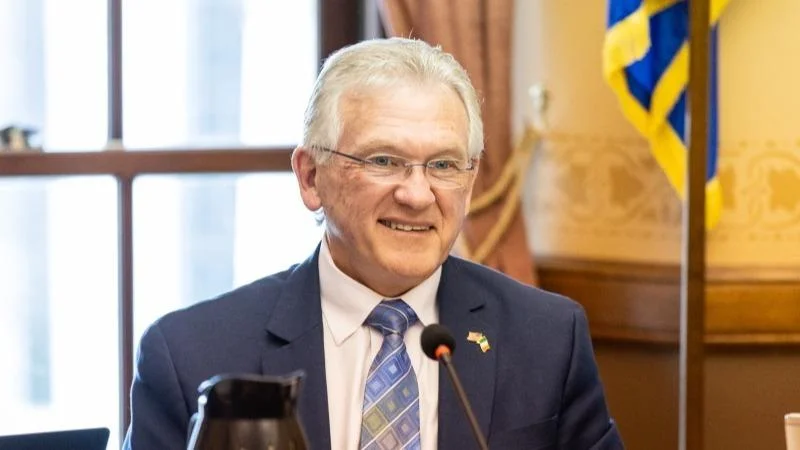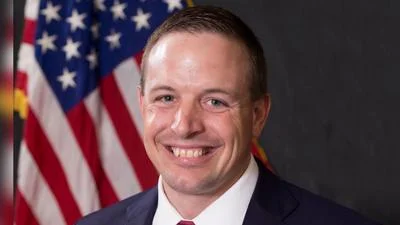Jerry L. O\'Connor, Wisconsin State Representative for 60th District | www.facebook.com
Jerry L. O\'Connor, Wisconsin State Representative for 60th District | www.facebook.com
According to the Wisconsin State Legislature's official website, the bill was described as follows: "prohibiting the Department of Justice from using the legal services of nongovernmental employees. (FE)".
The following is our breakdown, based on the actual bill text, and may include interpretation to clarify its provisions.
In essence, this bill establishes a prohibition on the Wisconsin Department of Justice (DOJ) from utilizing the legal services of individuals who are not state or federal employees or agents for the investigation or prosecution of civil or criminal matters. However, the bill allows an exception for legal interns, provided they earn no more than $10,000 annually from their internship employer. Additionally, the DOJ may contract for legal services on a contingent fee basis under a specific process outlined in current law. This regulatory measure appears to aim at maintaining the integrity of legal services used by the DOJ by limiting external legal assistance, ensuring it is primarily sourced from within government agencies or through tightly controlled intern arrangements.
The bill was co-authored by Senator Eric Wimberger (Republican-2nd District), Representative Scott Allen (Republican-82nd District), Representative Elijah R. Behnke (Republican-6th District), Representative Barbara Dittrich (Republican-99th District), and Representative Bob G. Donovan (Republican-61st District). It was co-sponsored by Senator Dan Feyen (Republican-20th District), Senator Steve L. Nass (Republican-11th District), and Senator Cory Tomczyk (Republican-29th District), along with nine other co-sponsors.
Jerry L. O'Connor has co-authored or authored another 90 bills since the beginning of the 2025 session, with none of them being enacted.
O'Conner graduated from Minnesota Bible College in 1973.
O'Conner, a Republican, was elected to the Wisconsin State Assembly in 2025 to represent the state's 60th Assembly district, replacing previous state representative Robert Brooks.
In Wisconsin, the legislative process starts when a senator, constituent, group, or agency proposes an idea for a bill. After drafting, the bill is introduced, numbered, and referred to a committee for review and public input. If approved, it moves through three readings and votes in both the Senate and Assembly. Once both chambers pass the same version, the bill goes to the governor, who can sign it, veto it, or let it become law without a signature. Only a small share of bills introduced each session ultimately become law. You can learn more about the Wisconsin legislative process here.
| Bill Number | Date Introduced | Short Description |
|---|---|---|
| AB170 | 04/09/2025 | Prohibiting the Department of Justice from using the legal services of nongovernmental employees. (FE) |
| AB168 | 04/08/2025 | Various changes to the unemployment insurance law. (FE) |
| AB162 | 04/08/2025 | Workforce metrics. (FE) |
| AB152 | 04/02/2025 | Bid requirement for publication and printing of county board proceedings, notices, and advertisements in counties having a population of 250,000 or more and at least two English newspapers published daily |
| AB90 | 02/28/2025 | Copies of and inspection or disclosure of information contained in certain vital records. (FE) |
| AB58 | 02/24/2025 | Flags flown, hung, or displayed from a flagpole or the exterior of state and local buildings and eliminating a related administrative rule |
| AB21 | 02/06/2025 | Technical colleges’ lease of their facilities to others. (FE) |



 Alerts Sign-up
Alerts Sign-up